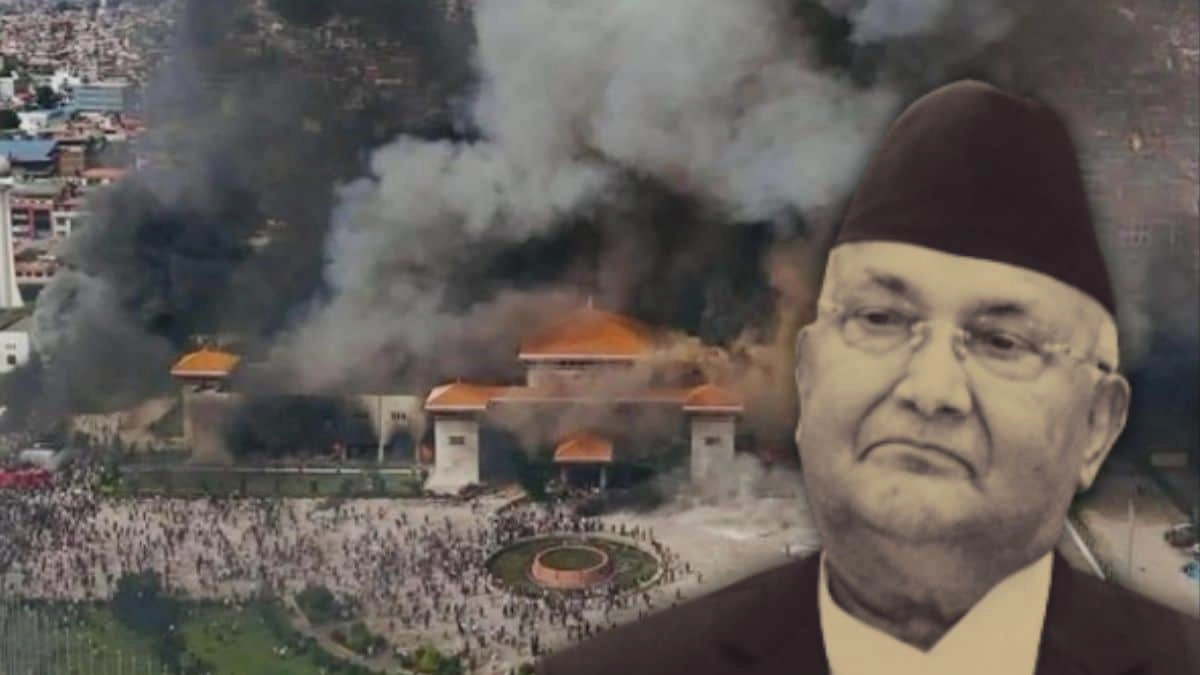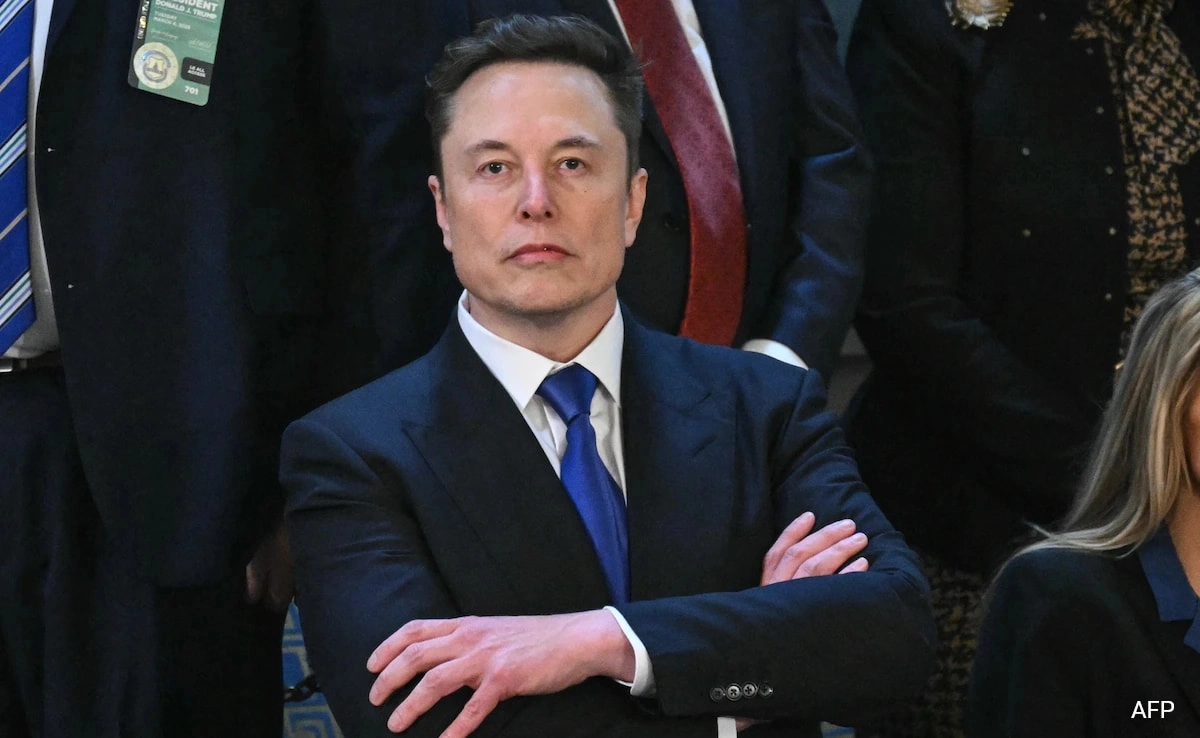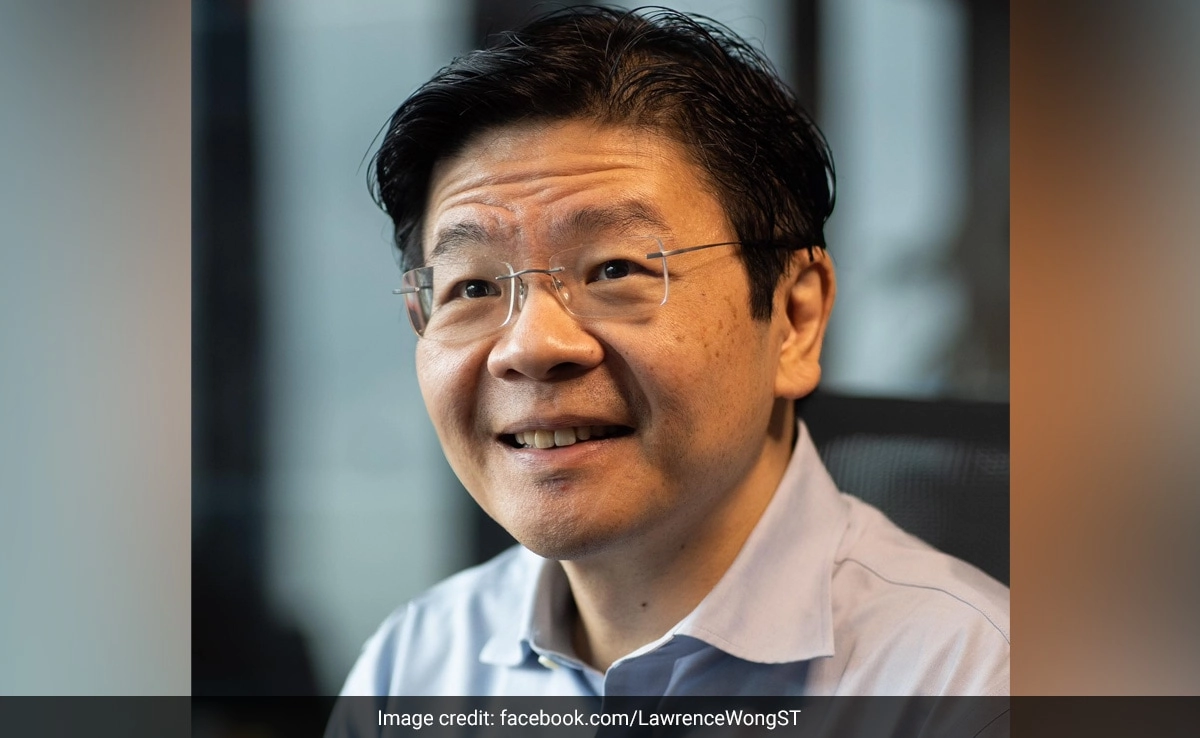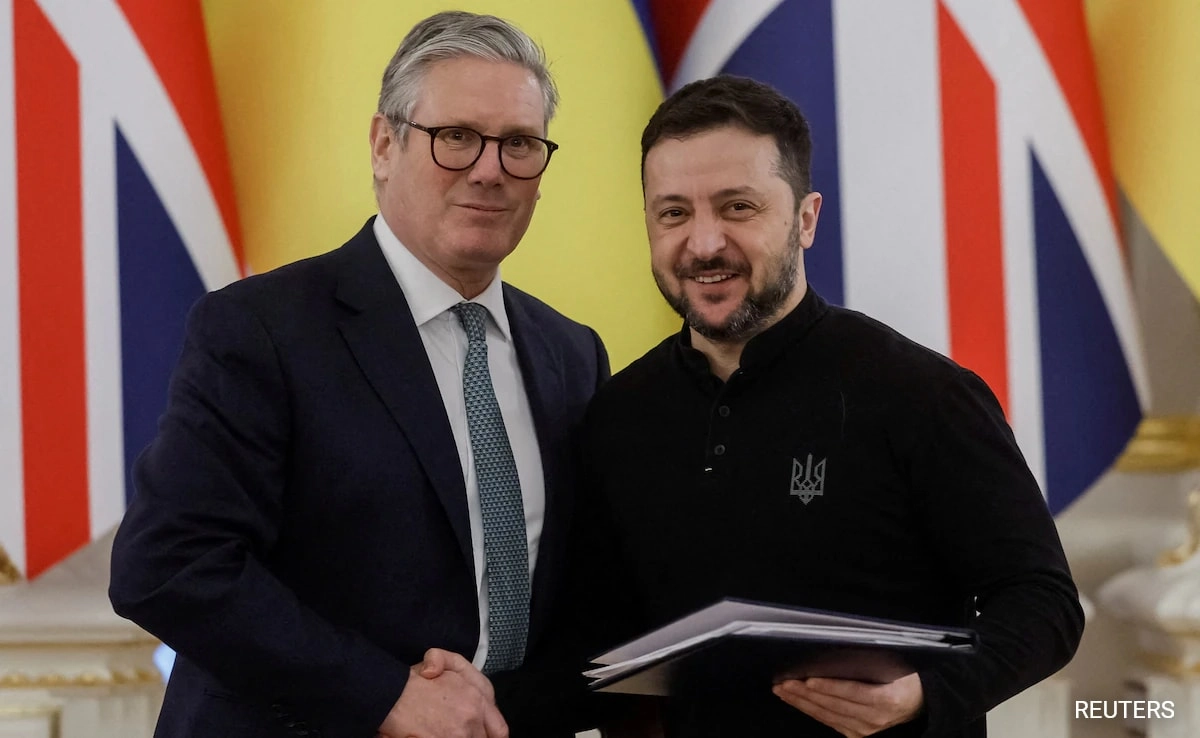Nepal’s political landscape has been shaken by the resignation of Prime Minister KP Sharma Oli, a move that comes in the wake of widespread protests led by the younger generation, often referred to as Gen Z. The protests erupted following a series of controversial decisions and perceived mismanagement by the Oli government, particularly in response to the ongoing economic challenges and public dissatisfaction with governance. These demonstrations, characterized by their fervor and the active involvement of young people, have resulted in significant chaos on the streets of Kathmandu and other major cities. The protesters, advocating for transparency, accountability, and better governance, have expressed their frustration over the lack of opportunities and the government’s failure to address pressing issues like unemployment and education.
Oli’s resignation marks a pivotal moment in Nepali politics, reflecting the growing influence of youth activism in shaping the country’s future. The protests, which have drawn thousands of participants, highlight a generational divide in political engagement and expectations. Young activists have taken to social media to organize and mobilize, utilizing platforms to share their grievances and push for systemic change. This grassroots movement signals a shift in the political landscape, as the youth demand a more responsive and inclusive government. The resignation of Oli, who has been a dominant figure in Nepali politics for years, underscores the potential for significant change as younger voices seek to redefine the country’s political narrative.
The situation in Nepal remains tense, with uncertainty surrounding the formation of a new government and the path forward for the nation. As the dust settles from the protests, many are left wondering how the political vacuum will be filled and what this means for the future of governance in Nepal. The events leading up to Oli’s resignation serve as a reminder of the power of collective action and the importance of addressing the concerns of the younger generation. The demand for change is not just about political leadership; it reflects a deeper yearning for social justice, economic opportunity, and a more equitable society. As the country navigates this transitional phase, the role of youth in shaping the future will undoubtedly be a critical factor in determining the direction of Nepal’s political and social landscape.




